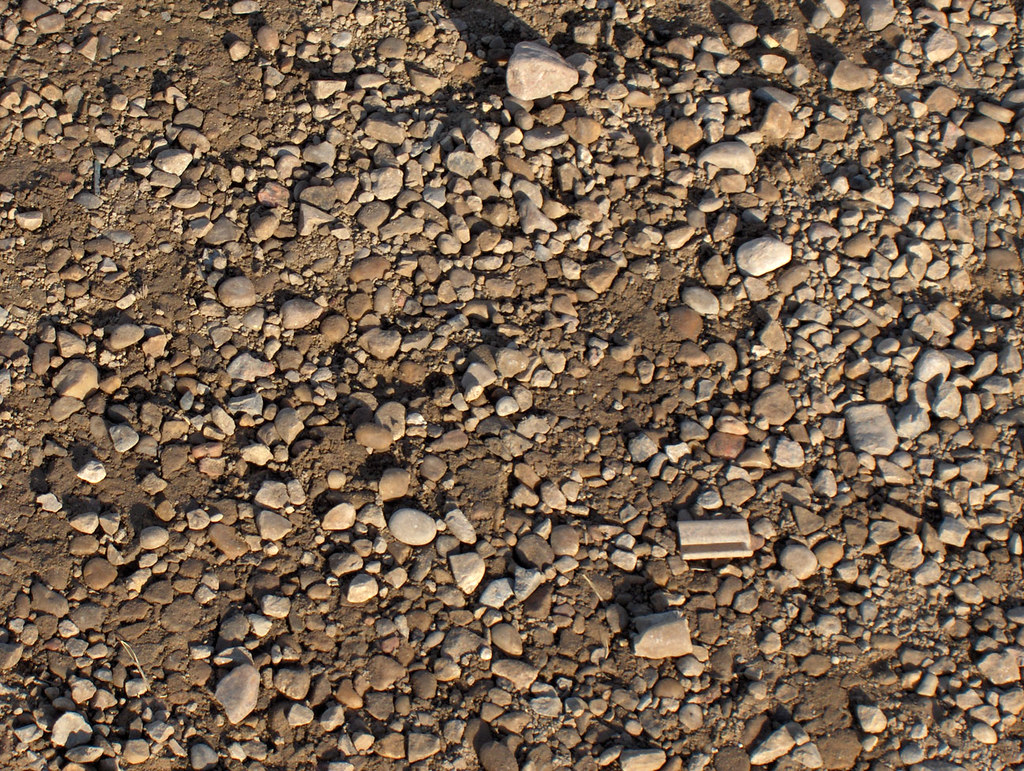Dirt, rocks, and concrete are just some of the variety of elements that, among other things, can cause your outdoor areas to become cluttered and take up needless space. The removal of such materials from the exteriors of many people’s homes may be necessary before they can begin a home improvement project or even an expansion of their existing home; however, removal of these materials may result in their being disposed of in ways that are harmful to the environment.
Effective Dirt Recycling
The transformation of organic debris, such as dead leaves and dirt, into a valuable fertiliser that can be beneficial to both the soil and the plants that grow in it is known as composting. Instead of being thrown away in the city of Spokane’s landfill, organic waste can be processed in the facility of Spokane Recycling and Materials to be put to other uses. Composting is an excellent method for recycling the waste dirt that is produced in large quantities. We spend an excessive amount of money on the management of waste, despite the fact that the cost of disposing of waste in landfills has skyrocketed along with the annual increase in the volume of waste disposed of. Composting is one form of recycling that enables us to divert some of the waste that would otherwise go to landfills and transform it into something that can be put to use in either commercial or residential settings. In most cases, the breakdown of organic matter occurs through a process known as aerobic decomposition. This implies that the microorganisms responsible for the process require the presence of oxygen. When compostable dirt waste is taken to a landfill, it is quickly covered by massive amounts of other trash, which prevents a steady supply of oxygen from reaching the microorganisms that are responsible for its breakdown. After that, the waste goes through a process called anaerobic decomposition, in which it is broken down by organisms that are able to survive without the presence of oxygen in the air. Biogas is produced as a by-product of anaerobic decomposition, which occurs in the absence of oxygen. Methane is more effective than carbon dioxide at retaining heat in the atmosphere, which results in methane emissions that are a significant contributor to climate change and global warming. This biogas contains both methane and carbon dioxide, both of which are powerful greenhouse gases. Spokane’s Miscellanous Materials recycling service aims to alleviate these consequences.
Construction Recycling of Rock Material
Huge quantities of excavation material, specifically rocks, are produced as a by-product in the construction industry, particularly during tunneling or large-scale earthworks operations. These types of projects generate the most material. Although at first glance such material appears to be undesirable and necessitates disposal, in many instances this material, after being appropriately treated and processed, can be recycled and reused on the construction site, and it is not always necessary to remove it and deposit it as waste at a landfill. This is because this material can be recycled and reused on the construction site. In its most straightforward application, the material can be utilised as filler material, meeting requirements for rock quality that are among the least stringent possible. Recycled material of a higher quality is frequently capable of being used in place of traditional mineral aggregates when the latter are called for in construction projects. This kind of recycling results in several financial benefits for the contractors, particularly with regard to the costs of acquiring materials, storing them, and transporting them. In addition, there will be less of an influence on the environment and a lower requirement for the volume of landfill space.
Recycled Waste Concrete
Concrete can be recycled by first removing it from its original place, then breaking it up into smaller pieces and crushing it, and then using the crushed concrete as an ingredient in the production of new material that can be reused. It doesn’t matter if you work in the construction sector or you just want to know what to do with the old concrete slab in your backyard; recycled concrete offers a wide variety of advantages and applications, and it’s frequently the most effective method for removing concrete. Concrete that is no longer in use can be recycled and put to use in the production of recycled aggregate. Recycled aggregate is typically put to use as a subbase material; however, it is also capable of being combined with fresh materials and recycled together to be used as an aggregate in brand new concrete. Concrete that has been recycled can also be used to make recycled stone that is between 2 and 4 inches thick. Backfilling, stabilising sites, and laying the bottom layer of road bases are typical applications for this product. Concrete recycling provides several benefits, not just to your wallet but also to the surrounding environment. The price of dumping waste that has been generated by construction projects at landfills is continuing to go up, and the cost of transporting waste from one location to another is an extra burden. Recycling results in significant cost reductions because it eliminates the need to spend money on transportation and disposal. In addition to increased expenses, landfills are also becoming subject to more stringent regulations, which means that it is becoming increasingly difficult for many homeowners and professionals to dispose of certain materials, including concrete. If you recycle concrete, you won’t have to worry about complying with the regulations that govern landfills; instead, you’ll be able to get rid of your waste in a method that preserves its reusability. Spokane Recycling accommodates projects of every size and scope, including those carried out by professional contractors as well as homeowners. Our services are available for any size of land area.


